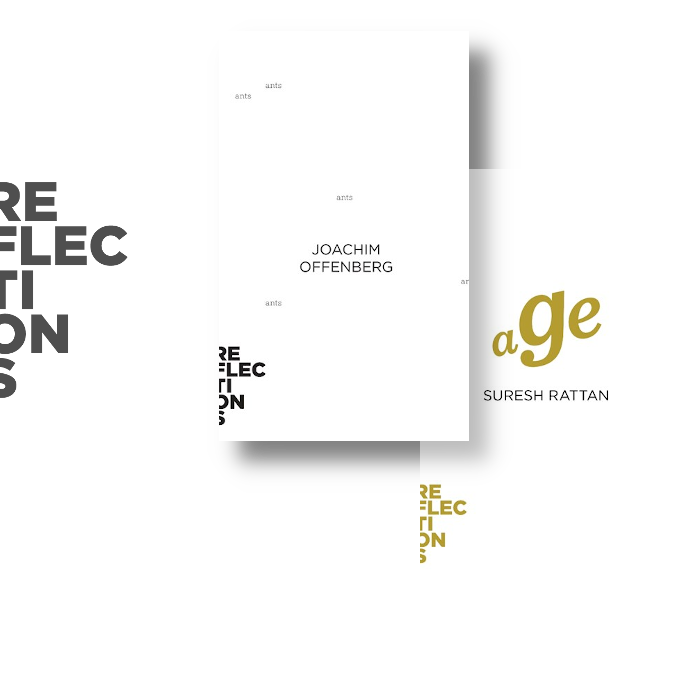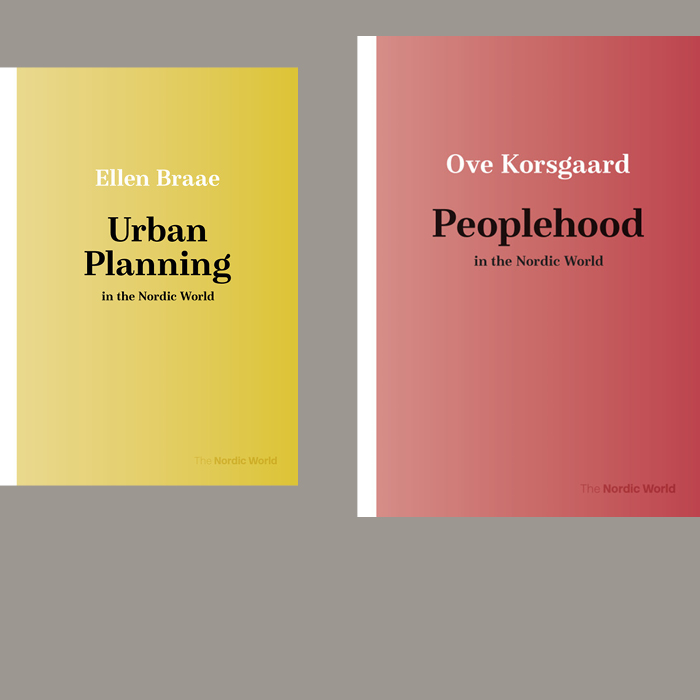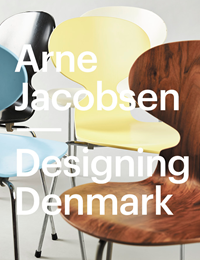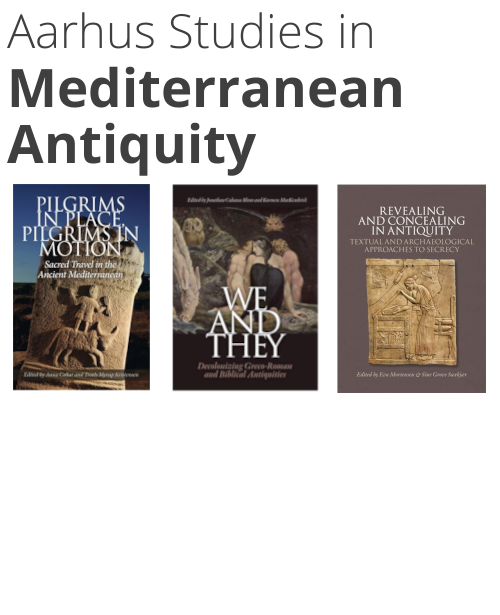Democratic Action Research in Schools
Methods and Procedures in Educational Innovation
More about the book
About the book
In this book, the chosen theme is the democratic school - or, more precisely, the democratisation of school processes. And behind this selection lies a confidence in the power of the concept. Democratisation is about dealing with differences - differences in the visions and wants that inspire us, differences in the abilities and the resources we possess to reach towards such goals and differences in what we know and understand. As such, the concept provides a firm basis for concocting a strong antidote to the norms, standards and unifomity of the application of market logic to educational analysis and policy-making. By pointing the spot-light directly upon the differences between people and groups and how these are both something one has to deal with in some way or other and something which provides possibilities for really fruitful, creative life-chances, it keeps on forcing open the debate about how to define the 'three Es' of market principles in education - economy, efficiency and effectiveness. It is a basis for resistance.




